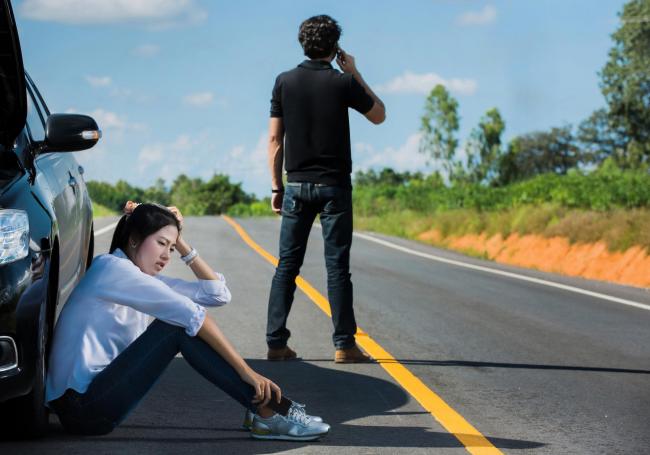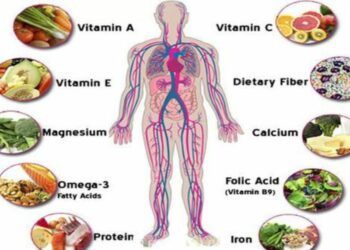
More than 36,000 cars will breakdown as people travel on Britain’s roads for a Bank Holiday Getaway.
GreenFlag is predicting a staggering eight breakdowns a minute – so is warning people how to check their cars are in good shape.
1. Walk around the car and look for any signs of potential trouble, especially tyres and lights
2. Check tyre pressures, spare included
3. Check all fluid levels and top up if necessary
4. Make sure you have breakdown cover. If you’re travelling abroad make sure your cover extends to your trip away. If it doesn’t, you may need to arrange separate cover
5. Keep a road map in the car so you’ll be able to explain where you are when you call for help. Don’t rely on the map on your phone – you won’t always have signal
6. Keep some coins or a phonecard in the car in case you need to call for help and there’s no mobile phone signal
7. Make sure your phone battery is topped up – think about buying an in-car charger just in case you need it
8. Have the number for your emergency breakdown provider handy – you’ll usually find it on your policy certificate so you could keep this in the glove box
9. Carry a red warning triangle at all times
10. Always keep some warm clothes, a rug and some chocolate in the car in case you get stuck in cold conditions for a long time
With the bank holiday set to be the hottest on record, Green Flag has also issued a number of hot weather driving tips to stay safe in soaring temperatures:
1. Make sure you have lots of coolant – A common cause of engine overheating is low coolant. To avoid this, drivers should make sure the radiator is full of coolant, and that it has the correct mix of antifreeze and water
2. Make sure your coolant isn’t past its sell by date – Coolant has a lifespan, and once it’s over it it’s not any use.
Coolant that is past its sell by date will cause more harm than good. It may leave deposits in the car’s engine and radiator that can lead to poor coolant flow
3. Turn off air con when driving at slower speeds – When driving at slower speeds drivers are advised to turn off the air conditioning and roll down the windows. When driving below 50MPH, engines have to work harder to pump out cool air and could run the risk of burning excess fuel
4. Don’t overload your vehicle – When heading out in hot weather, cars often get overloaded with luggage and other items, but to help avoid breakdowns, drivers should limit the amount they pack.
Overloading the car boot means the car has to work harder and will use more fuel.
[“Source-watfordobserver”]






